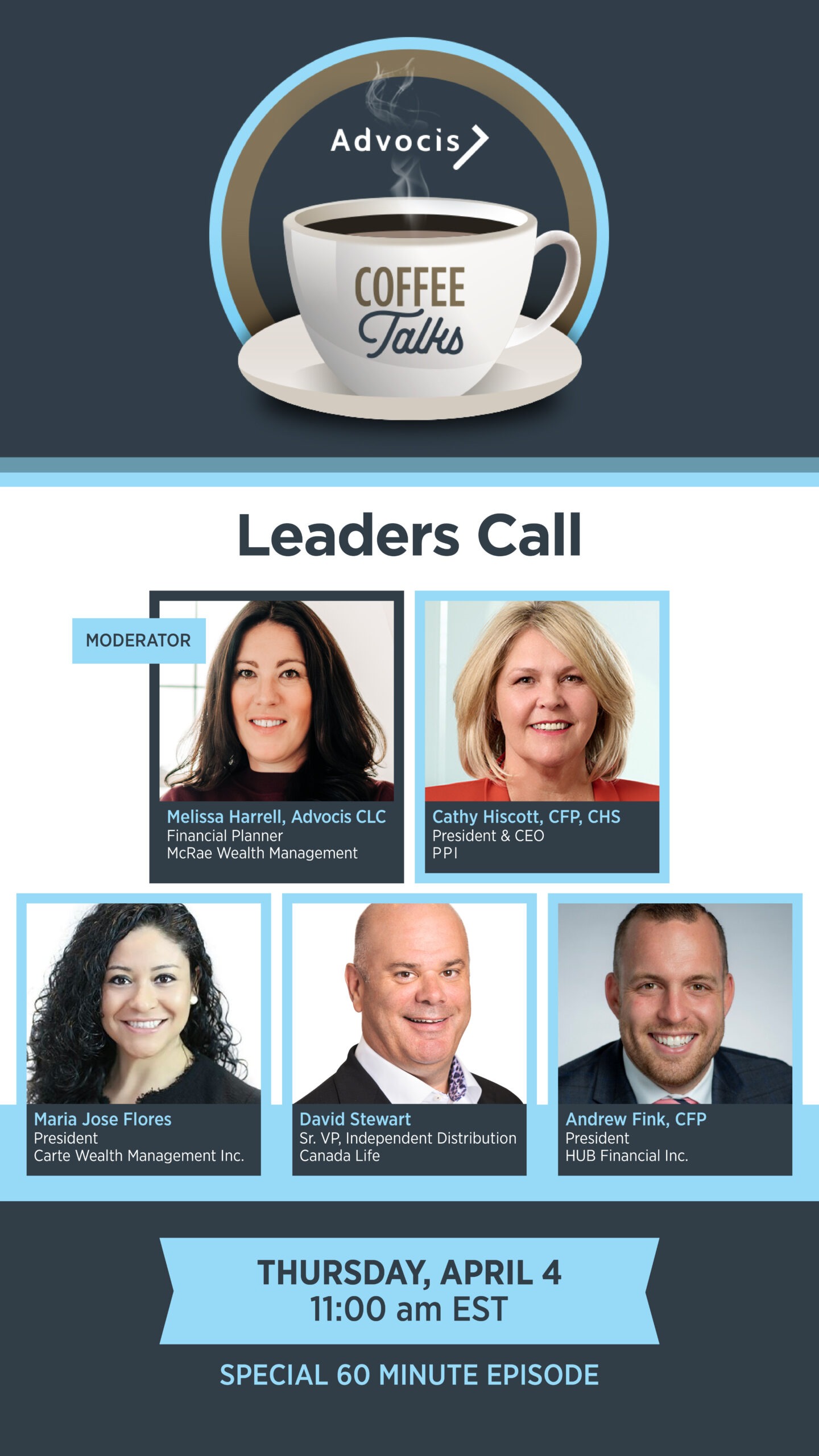(From the April 2021 Edition of eFORUM)
By Erin Bury
It’s no secret that technology has drastically changed the way younger generations handle their finances. From robo-advisors to direct-to-consumer investing platforms, Millennial and Gen Z consumers have never been more equipped to DIY, while at the same time there has been a mindset shift around the role professionals play in their financial lives. Research from Ottawa’s Public Policy Forum found that Millennial consumers are less likely to seek out professional advice on savings and investments, instead favouring advice from peers and influencers, and they’re more likely to be skeptical about traditional financial institutions.
It’s also probably no surprise that we’re on the cusp of the largest intergenerational wealth transfer in history, and as the Boomers age, it’s expected that $1 trillion will change hands in Canada by 2026. This creates a unique challenge for advisors: how do you ensure that as your clients pass on wealth to their tech-savvy kids, many of whom are gravitating toward digital tools, that those children want to become or remain clients? The secret will be to start planning now. Just like investing, 10 years ago was the best time to start building a relationship with clients’ kids, and today is the second-best time! Here are a few ways to start building relationships now to ensure there’s generational client continuity in the future.
Invest in building a brand that appeals across generations.
The Public Policy Forum research reiterated that Millennial and Gen Z consumers behave differently in their financial lives, preferring to receive information across digital and offline channels. As an older Millennial myself, I can say that this is a generalization, but one that I’ve found to be largely true: Millennials are reticent to speak to people in person or by phone, favouring emails, live chat, and self-service information portals. They turn to social media to vet companies and service providers, and to get information and/or ask questions. They turn to Google to vet the reputation of a company. And they trust online reviews and testimonials just like they would a friend or family member. If you’re an advisor who hasn’t invested in building or revamping your online presence, start thinking about it now. Without it, the trust factor may not be there, regardless of whether you have an existing relationship with someone.
Build the relationship in advance.
Many advisors are already engaging the children of clients through events, but in a COVID-19 world, where you can’t just get clients’ kids into a room for a seminar, you have to get creative to capture their attention. And forget another email newsletter or piece of direct mail. We’re already overloaded. Unless they’re extremely slick and well-done, they can get lost in a busy inbox. Instead, think about value-added services that complement their stage of life. For example, at Willful we’ve partnered with advisors who are paying the costs of wills for their clients’ kids. It’s a cost-effective way to provide a value-add that goes beyond a blog post, and that shows that an advisor is invested in their financial future. Think about the stage of life your clients’ kids are in — buying homes, having children, graduating university — and make a list of three products or services you could offer them as a value-add for being a client. Whether that’s a branded ring light to improve their Zoom calls to keep you top of mind, or a free product that helps improve their financial plan, it’s a great way to start to build a relationship now.
Know their purpose.
During their roundtables with Millennials across Canada, the Public Policy Forum found Millennials want to build social impact into their investment strategy. Younger generations are socially conscious, increasingly philanthropic, and focused on how to have a positive impact through their actions, which means there’s a business imperative for you as an advisor to embed social impact into your practice. Maybe social impact is not at the core of what you do, but knowing it will be a core focus for clients’ kids, invest in likeminded seminars, content, or aspects of your services.
As a tech entrepreneur, I’m probably the most tech-savvy person you will find. But I know there’s a place for digital DIY tools, and a place for professional advice. I’ve built a great relationship with an advisor, one who gets my industry and knows he should email instead of call to get a response. The key to intergenerational client continuity will be meeting clients where they are, embracing a hybrid digital/offline approach to managing clients, and recognizing that tomorrow’s client expects a different set of values and services from their advisor. If you can master that, you’ll be sure to keep existing clients, while attracting new ones.
Erin Bury is the CEO at Willful.co, an online will platform that empowers advisors to help clients with estate planning She has more than a decade of experience building brands.








